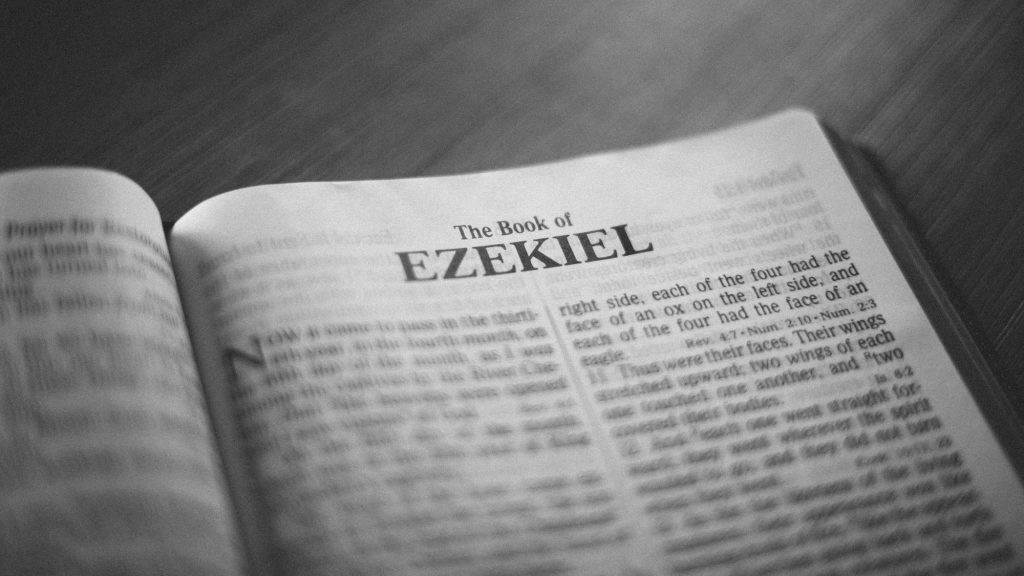
When you present your gifts and offer up your children in fire, you defile yourselves with all your idols to this day. And shall I be inquired of by you, O house of Israel? As I live, declares the Lord GOD, I will not be inquired of by you. Ezekiel 20:31
God doesn’t mince words in Ezekiel.
The time for subtlety has passed.
Judgment is falling.
His people still don’t get it.
The elders go visit the prophet
To ask for a word from the Lord.
The same routine they’ve kept up for years.
The same formality and insincerity.
But they were still sinning.
Grievously.
Shamelessly.
With a complete lack of self-awareness.
God has nothing to say to them.
Surely we never behave like the people of Judah did.
We would never give our time and energy to everything BUT God.
We would never represent Him so poorly that people question His existence.
We would never prioritize fitting in with the culture.
So God will surely answer when we call on Him.
Won’t He, Ezekiel?





